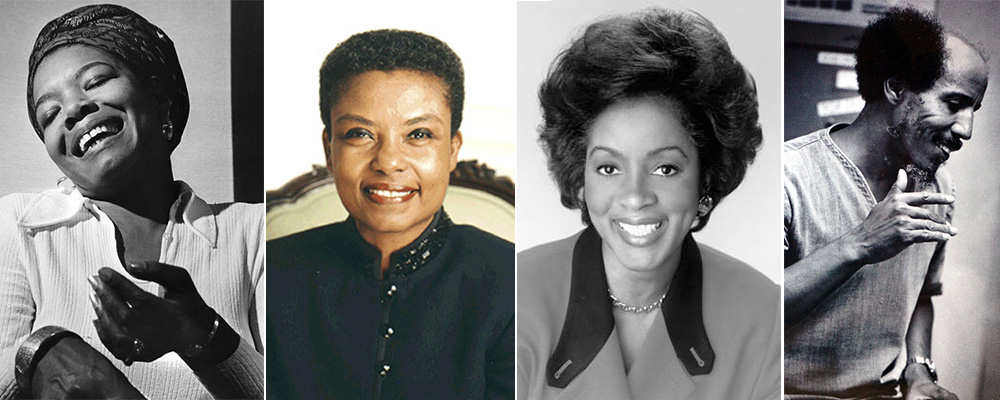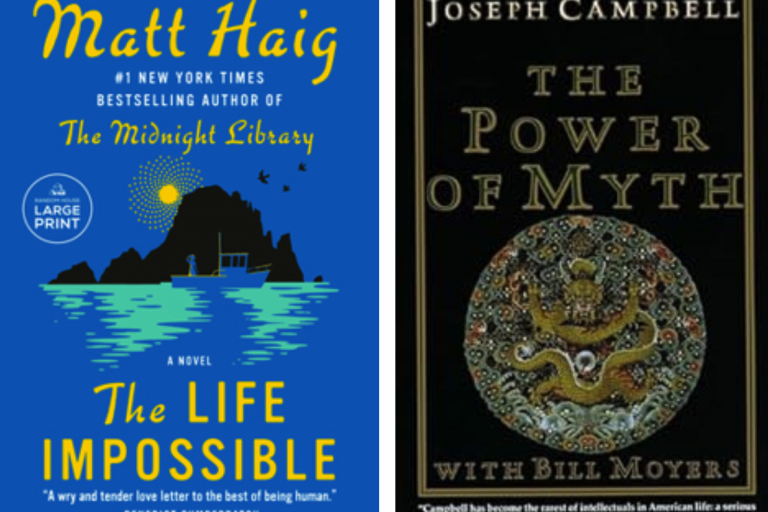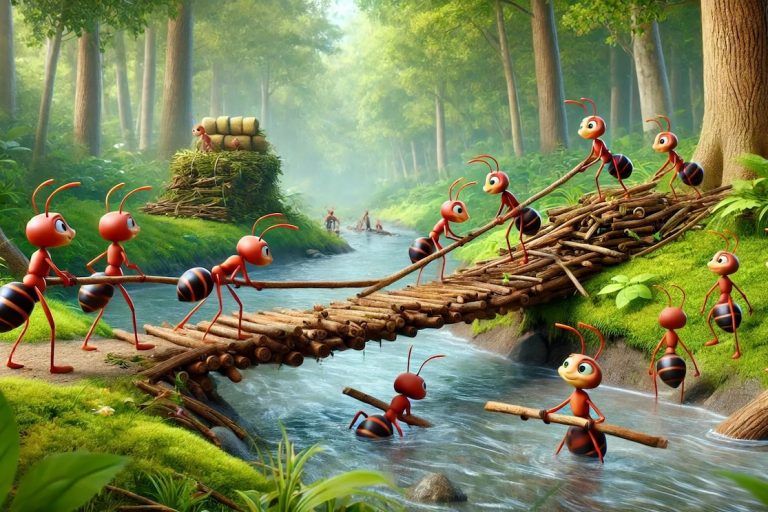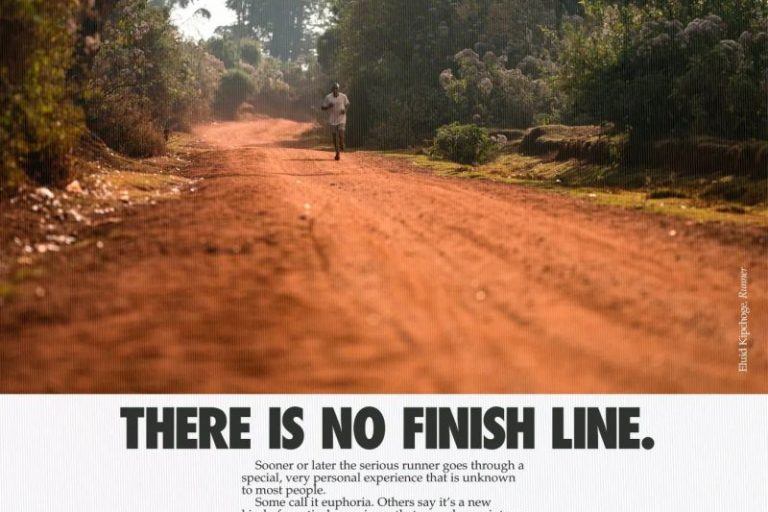On a Tuesday, or maybe a Wednesday, some night during my sophomore or junior year in high school, on an otherwise normal day over which I have very little recall, I found myself, along with four or five other family friends, sitting in fancy clothes in the parlor at the home of Dr. and Mrs. P–.
Our gaze fell upon Maya Angelou whose calm and meticulous speech reflected minor exhaustion as she leaned back into Mrs. P–’s lounge chair. I perched nearby ready to devour every letter that breathed across her lips. To meet an artist who had traveled the world – seen and unseen – and wrote her way through trauma, celebration, and civil rights, seemed so amazing to me and yet, I didn’t understand just how uncommon, yet normal, it was for a young Black girl to sit in a friend’s parlor and listen to this miraculous, globally renowned author share her experiences.
I could have listened forever to that rich voice on that late night as we reveled in her aura and yet, I don’t remember anything specific she said. It was my first time meeting an author and for that I felt deep gratitude. I had already read I Know Why the Caged Bird Sings and memorized her poem Phenomenal Woman for one of my first oratory assignments in sixth grade. I felt the weight of her presence in Dr. and Mrs. P–’s house. Her body moved slowly, her weak knees keeping her in place as she fought sleep to share with those of us who had been invited. Mrs. P– helped her when she needed to move, but for the moment she sat in the parlor, at peace and in control – just talking.
These days I wish I had kept a diary. I am horrible with time. My past is a soupy cauldron of nonlinear experiences. When I seek to retrieve a far-away moment I cannot remember details the way I wish. Memories formed long ago have been displaced by other adventures and emotions that nudged useful details from recovery. Had I been less shy and known how extraordinary the lives were that surrounded me as a teenager, I would have asked more questions. Perhaps been more disciplined in recording events. As it stands, I am horrible with time so what I am left with are the outlines of a structure that has sculpted my life in ways so different from many other Black people I have met in adulthood.
Last week, I had lunch with a friend of mine who recently became one of the youngest Black women to co-own a major hotel property. She was reeling from the attention that her deal had attracted. I know how hard she worked trying to make that deal happen in the midst of a calamitous year. I mentioned to her that my brother and I had recently reminisced about the amusing memory of our dad rushing around in 1985 to get his partnership check across town in time to close on a hotel deal. She froze and said, your dad owned a hotel? I told her, yeah, he was a partner in three hotel deals in Northern California. She said, I didn’t know that. During all of the conversations she and I shared – about hotels! – over the past three years I had neglected to mention that our dad had invested in hotels in the 1980s. I didn’t think it was something out of the ordinary or worthy of mentioning because the Black people I grew up with did things like that all the time.
They were risk-takers and investors, educators and mentors. The various media structures that now exist to highlight good Black news were not in place to capture the everyday excellence of the Black families we knew. And yet, the impact these people had on my life continues to reverberate.
Remember Mr. and Mrs. P– in whose den I met my first author? Well they, along with some other family friends, were the first African Americans to own a NBA franchise. They owned the Spurs and were responsible for getting David Robinson to sign. They owned commercial land and medical practices. They championed art and transformed entire art institutions to broaden their collections so everyone could to take pride in the artistic achievements of Black artists.
A whole circle of Black doctors in San Antonio supported each other in building medical practices and in shaping the cultural life of the city. All of the doctors I ever knew growing up were Black. My Uncle Frank and cousin Dana were my own doctors well into my twenties.
I joke now that I grew up elite adjacent because I was so shy, so introverted as a teenager that I spent more time avoiding people than forming intimate relationships with family and friends in these circles and, as a result, was not privy to the mentorship that took place around me. As a native Californian, Jack and Jill seemed terrifying to me with its adherence to tradition and insistence on cotillions. When we moved to San Antonio, I rebelled against joining any of the social clubs designed for networking with other promising young Black teenagers or from becoming a debutante, something that was expected of me. I gravitated more towards literature and esoteric studies and, as a result, spent lots of time alone reading, watching movies, and mapping out ways to get to New York City to study architecture and explore my sexuality. Perhaps if the social significance had been explained to me at the time I might have found a way to force myself to fit in but, as it stands, I have always forged my own solitary path.
When I was 26, I left my advertising job in San Francisco to live in Grenada for a year to grieve my dad’s death from cancer (and where I ended up writing a novel). That was one of two highly magical and transformational years of my life. I say that in a physical and spiritual sense. The other was when I was 36 and moved to Atlanta to start a healthy corner store with my brother as a way to connect Black farmers to urban communities (and where I ended up writing another novel).
Nothing has ever seemed undoable to me because I was surrounded by Black men and women who continuously achieved the unfathomable with style and poise. They not only exposed us to opportunities, they created opportunities that have ripple effects to this day.
Our parents sent us to Space Camp and flew us to Alaska to see the glaciers; took us to Hawaii for weekend excursions and sent us on ski trips. My dad introduced us to Clarence Thomas in the VIP room at SFO, not because he was a fan of his politics but because he wanted us to meet a Supreme Court judge as a way for us to understand that this, too, was possible. My aunt Dr. Johnetta Cross Brazzell was the vice president of Spelman College and was the vice chancellor of University of Arkansas. My uncle A.J. Price – a B-47 pilot in the Air Force – became one of the first Black commercial pilots hired by American Airlines and went on to be the first Black state representative in Texas. My uncle Dr. Richard Price has mathematics degrees from Prairie View A&M, master’s degrees from UT Austin and Yale Divinity School, and a doctoral degree from OSU. When I was a little kid, every time he saw me he would not let me play until I said the multiplication tables for him. Every. Time.
When my cousin Dr. Lillian Beard was honored by Howard University for her medical accomplishments, my dad flew me to Washington, DC to watch the ceremony. I met Lynn Whitfield in the bathroom. My cousin Charles was a professional race car driver. His mom’s family has had oil wells pumping on their land for generations. We went snowmobiling and skiing with them at their vacation cabin when we were little. Black friends of my parents were: FBI agents, executives, doctors, lawyers, judges, professors, scientists, architects, and philanthropists.
None of this seemed extraordinary when I was growing up.
I am one of the least formally educated people in my family. I said that to my [white] attorney the other day and she said, you went to Columbia, what does that even mean?
By the time our family met up at Harvard two years ago to celebrate my cousin Dr. Squire Booker’s induction into the National Academy of Arts and Sciences for his biochemistry work (where I met Chimamanda Ngozi Adichie in the bathroom, a trend by now), it seemed like just another event until I got there and realized, oh, there are only three other Black inductees out of more than 200.
I think it is only at this point in my life that I realize how hidden this other Black reality – shared by everyone with whom I grew up mind you – really is in America.
Of course a Black woman can be Vice President! Because despite the fact that the media has reveled in highlighting Black misfortune for most of the last century, we’ve always known of our excellence. It just took a pandemic and the near-collapse of democracy for the rest of the nation to catch up.



